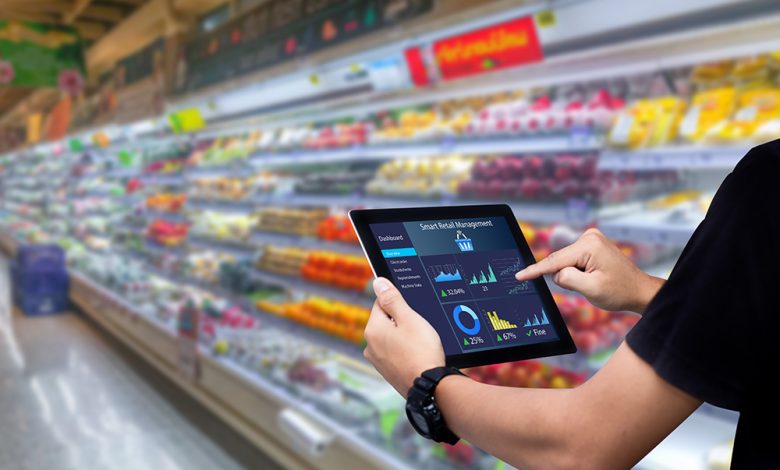How Artificial Intelligence Revolutionises Product Lifecycle Management in Retail

The integration of artificial intelligence (AI) in Product Lifecycle Management (PLM) is revolutionizing how retailers approach the development, manufacturing, and management of their products. By harnessing the power of machine learning, data analytics, and automation, PLM AI optimizes product strategies, enhances workflows, and improves decision-making processes. In the fast-paced retail industry, where staying ahead of consumer trends and managing tight production cycles are vital to success, PLM AI offers unprecedented opportunities to drive both efficiency and innovation.
AI-driven PLM systems can analyze massive amounts of data throughout the entire product lifecycle, from concept creation through to design, production, and distribution. Retailers can leverage this data to extract actionable insights from various sources, including historical sales figures, customer preferences, and market trends. This data-driven approach empowers retailers to predict consumer demand with greater accuracy, allowing them to create products that are more likely to resonate with their target audiences. For example, AI algorithms can detect emerging trends or shifts in consumer behavior, enabling retailers to develop timely, relevant products that align with evolving preferences. With such powerful forecasting capabilities, brands are better equipped to stay ahead of the curve and meet the dynamic needs of the market.
In addition to predicting trends, PLM AI plays a key role in accelerating the product development process. It achieves this by automating many of the routine tasks traditionally handled by human teams and facilitating smoother collaboration across departments. AI can assist in design iterations, prototype testing, and material selection by offering intelligent recommendations based on data from previously successful products. This accelerates the time to market, allowing retailers to respond quickly to shifts in demand. Furthermore, AI improves coordination between design, production, and marketing teams by providing a centralized platform where product data is easily accessible. This unified platform ensures all teams are aligned, reducing the risk of miscommunication or errors that could delay product launches or cause production setbacks.
PLM AI also significantly optimizes the supply chain, which is a critical component in retail operations. AI-powered forecasting helps retailers manage their inventories more effectively, ensuring products are produced in the right quantities and delivered on time. By analyzing real-time sales data, AI systems can predict stock shortages, recommend optimal reordering schedules, and even adjust production plans to respond to fluctuations in consumer demand. This level of intelligence helps retailers avoid the pitfalls of overstocking or understocking, reducing waste and improving profitability. AI-driven insights into supply chain management make it possible for retailers to maintain the right balance of stock and optimize their production schedules, all while minimizing waste and maximizing product availability.
Another crucial area where AI enhances PLM is in quality control and regulatory compliance. AI systems can monitor product quality by analyzing data from the manufacturing process in real time. By identifying any anomalies or defects early on, AI ensures that only products meeting the brand’s quality standards make it to market. This proactive quality control prevents issues before they become costly problems, reducing the likelihood of defects or recalls. Additionally, AI plays a vital role in ensuring compliance with industry regulations. By automatically updating product specifications and cross-checking them against the latest regulatory standards, PLM AI ensures that products remain compliant throughout their lifecycle. This not only mitigates the risk of costly fines or recalls but also protects a brand’s reputation and ensures customer safety.
PLM AI is undoubtedly transforming how product lifecycle management is approached in the retail industry. With its ability to offer smarter, faster, and more efficient ways to develop, manage, and optimize products, AI is reshaping the way retailers operate. By leveraging AI technologies, retailers can enhance product development processes, streamline supply chain management, and improve overall business performance. As consumer expectations continue to evolve, and as the retail landscape becomes increasingly competitive, AI-powered PLM systems will be instrumental in helping brands stay ahead, drive innovation, and meet the changing needs of their customers. With the capabilities that AI brings to the table, retailers are better positioned to navigate the complexities of the modern marketplace and succeed in a rapidly evolving environment.




